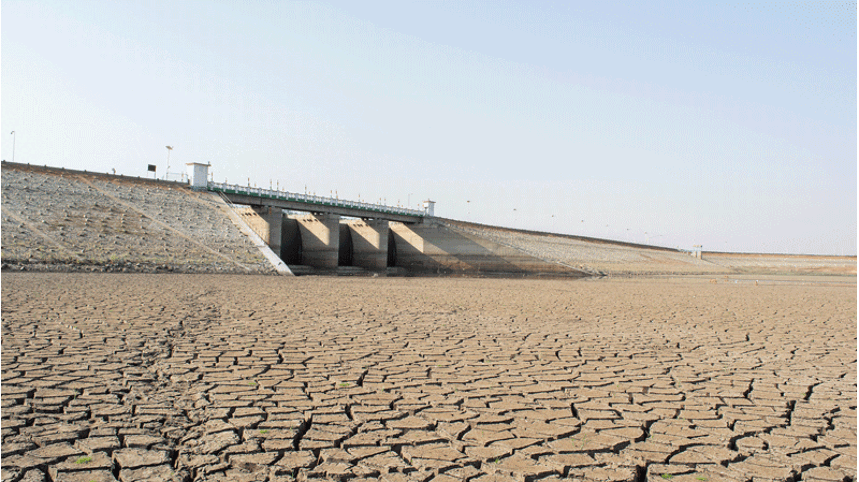Register for free and continue reading
Join our growing army of changemakers and get unlimited access to our premium content

Pictured: Drought in Karnataka, India
That is according to corporate sustainability disclosure platform CDP, which has today (22 March) released new research assessing the level of water-related risks in global corporate supply chains.
The research focuses on 3,163 large companies with an annual revenue of more than EUR/ US250m.
These companies collectively risk losing up to $77bn by mid-century due to water-related risks. Potential losses are particularly high in industries with high water dependencies, such as food, textiles, beverages and semiconductors.
Almost 10% of this risk is deemed to be immediate. Extreme weather last year and in the first quarter, from drought in southern Europe to flooding in the UK, has caused a reduction in outputs and quality for many commodities.
Risk will result not only from lost sales but reputational damage. One in five of the companies say they are facing water-related supply chain risks which could have a “substantive” impact on their businesses in the near-term.
Only half of the companies responded to CDP confirming that they are collaborating with suppliers to measure and manage water-related risks and impacts across their value chains. Examples of engagement include inserting water efficiency requirements into contracts, collecting data or co-creating innovative technologies and processes.
CDP’s global head of water Dr Patricia Calderon said: “The data is telling us our water supplies are becoming ever more fragile and the financial toll is mounting up.
“It’s down to large companies with the biggest water impacts to take immediate action, working with their suppliers to stem the tide of water risk.
“The bar needs to be raised much higher if we want to build strong and effective supply chains, free from serious water risks. Companies should shift their outlook to recognizing the significant opportunities from becoming more water resilient.”
To mark World Water Day today, CDP has outlined six key steps companies can take to measure, reduce and proactively respond to water-related risks.They are:
- Assess supply chain risks and impacts.
- Set global supply chain targets.
- Incentivise executives to act (only 14% of companies do this currently).
- Include water in supplier requirements.
- Engage with suppliers.
- Incentivise and support suppliers to act.
Related news: Corporate climate disclosures becoming more common, but water reporting lags


Please login or Register to leave a comment.